The Yemen conflict has taken a significant turn with the recent US-Israeli air strikes targeting Sanaa International Airport and Hodeidah Port on May 5, 2025.
The strikes were carried out in response to a Houthi ballistic missile attack on Ben Gurion Airport the previous day, which caused widespread flight cancellations.
US President Trump that there will halt Airstrikes on Houthis from Yemen but he works to save the movement in the red sea as well defending all the israeli lands.
The President accused Houthis with terrorising and they are supported by Iran .Calling the Gulf countries to be ready for the surprise he prepared during his visit to Qatar,Saudi Arabia and AUE.Where he will check the American Military Bases.
President Donald Trump announced on May 6, 2025, that the US would halt its military campaign against the Houthis in Yemen, citing promises from the rebel group to stop attacking commercial shipping lanes.
This decision came after a series of airstrikes, dubbed Operation Rough Rider, which targeted Houthi positions in response to their attacks on international shipping.
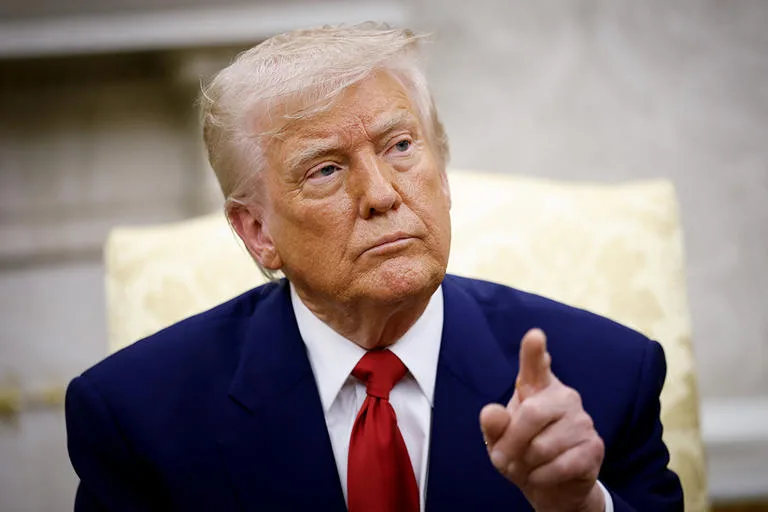
Trump’s announcement was made during a bilateral meeting with Canadian Prime Minister Mark Carney in the Oval Office. Trump stated;
“We will stop the bombing of the Houthis effective immediately,”
Adding that the Houthis have communicated to the US that they “don’t want to fight anymore.”
The US military had been conducting airstrikes against the Houthis since March 15, 2025, hitting over 1,000 targets and killing hundreds of Houthi fighters.
Regarding his upcoming visit to Gulf countries, Trump’s trip is expected to test regional nerves and alliances.
The visit, scheduled for mid-May, will include stops in Saudi Arabia, Qatar, and the UAE.
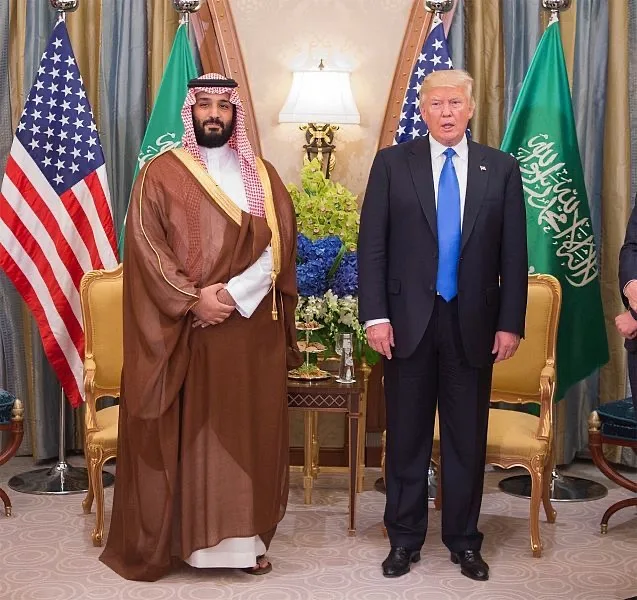
Gulf leaders are bracing for high-stakes discussions, particularly given Trump’s tariff-centric economic policies and their potential impact on the global economy.
Some key points of discussion during the trip may include :
– *Regional Security*:
Trump’s surprise announcement on halting airstrikes against the Houthis might be seen as a positive development, but the situation remains volatile.
– *Iran Talks*:
Trump’s announcement of direct talks with Iran on the nuclear issue has raised eyebrows, particularly among Israeli officials who prefer a more assertive approach.
It’s worth noting that Trump’s diplomatic style has been described as unpredictable, and Gulf leaders are likely to be mindful of this during the visit ¹.
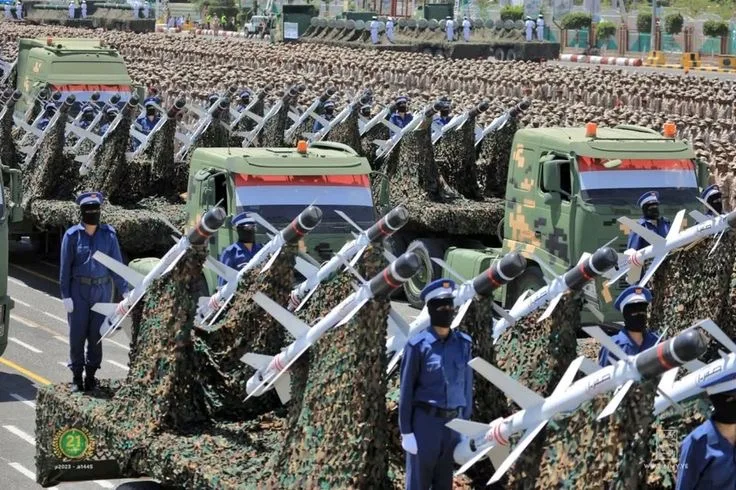
### Impact of the Airstrikes
– *Sanaa International Airport*:
The airport was severely damaged, with the runway and departure hall hit, effectively disabling it. Three civilian planes were destroyed on the ground, and the airport director estimated the losses to be around $500 million.
– *Hodeidah Port*:
The port was targeted, with dozens of munitions used in the attack. The al-Imran cement factory east of Hodeidah was also hit, resulting in deaths and injuries.
– *Casualties*:
According to reports, over 7 people were killed, and more than 80 injured in the strikes.
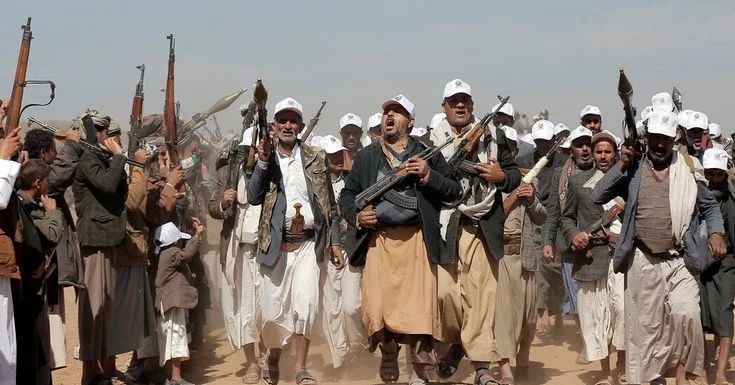
### Background and Context
The Houthi movement has been involved in a prolonged conflict with the Saudi-led coalition and has been launching attacks on Israel and commercial vessels in the Red Sea. The recent escalation is part of the ongoing Red Sea crisis and the Middle Eastern crisis that began in 2023.
### Reactions and Denials
– *US Denial*:
Despite the Houthis condemning the strikes as a “US-Israeli aggression,” the US has denied involvement in the attacks.
– *Israeli Claim*:
Israel claimed the strikes were aimed at disabling the Houthis’ ability to manufacture weapons and transfer operatives.
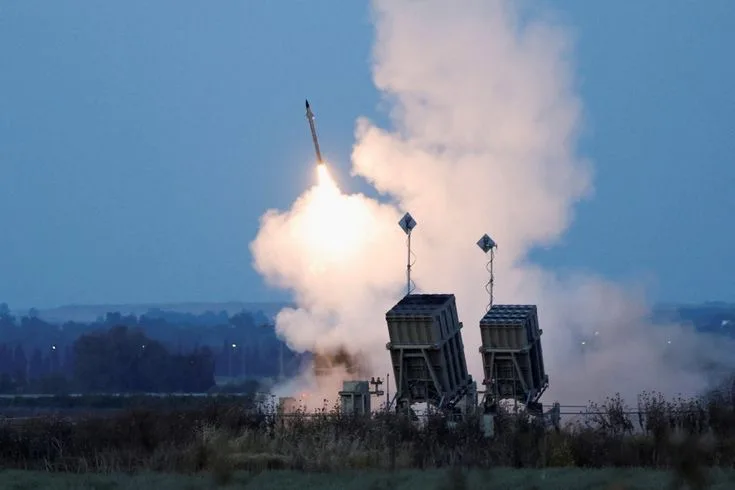
### Aftermath and Potential Consequences
The strikes have raised concerns about the potential for further escalation in the region. The Yemen conflict has already caused significant humanitarian suffering, with millions of people affected by the ongoing violence and blockade.
*Key Developments:*
– *Increased Tensions*:
The strikes are likely to increase tensions between Israel and the Houthis, potentially drawing in other regional actors.
– *Humanitarian Concerns*:
The conflict has worsened the humanitarian situation in Yemen, with the potential for further displacement and civilian casualties.
– *Regional Instability*:
The escalation may have implications for regional stability, particularly given the ongoing conflicts in Gaza and Lebanon ¹.
